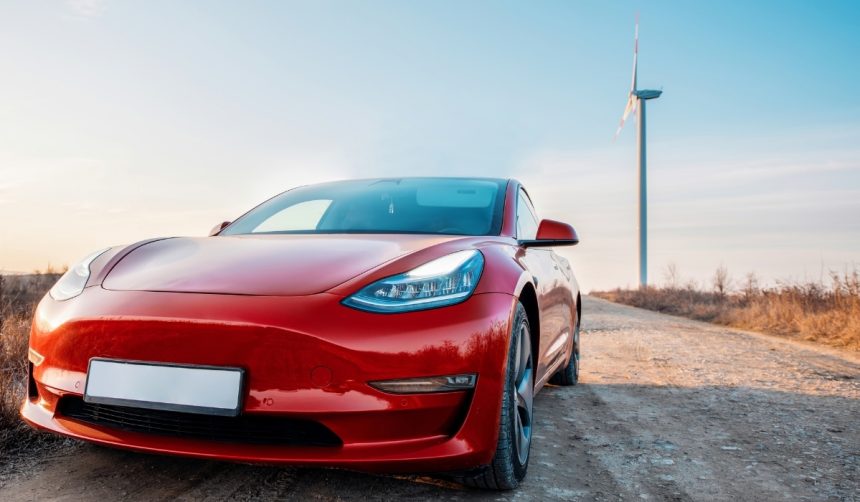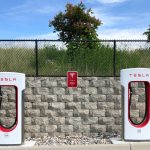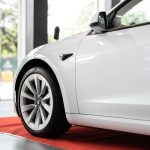Consumer sentiment continues to shape the automotive landscape, as reflected in JD Power’s latest U.S. Tech Experience Index (TXI) Study. The survey highlights the shifting priorities of car buyers, putting a spotlight on vehicle technologies and their practical effectiveness. Growing interest in driver assistance systems and convenience features indicates an ongoing demand for user-friendly innovations, while owners increasingly recognize the value of seamless in-car technology integration.
When looking at earlier coverage of JD Power surveys, Tesla has consistently been acknowledged for strong tech leadership but has repeatedly fallen outside official award criteria, often due to its direct-to-consumer sales approach and limited availability in several U.S. states. Rivian’s rise in these rankings marks a continuation of growing competition among electric vehicle manufacturers. Legacy brands such as Volkswagen and Toyota frequently rank lower in technology satisfaction, a trend that persists in this year’s results. The formal recognition of Genesis, despite its lower score, echoes past years where technical leadership did not necessarily align with awarded titles.
How Did Automakers Score?
JD Power gathered input from more than 76,000 U.S. owners of new 2025 model-year vehicles for its 10th annual Tech Experience Index. Tesla secured the highest score, earning 873 out of 1,000 points, which surpassed Volkswagen’s 432 and Toyota’s 436 by a significant margin. Rivian, another electric vehicle contender, followed with 730 points. Due to award eligibility rules that require broad state-level availability, both Tesla and Rivian were excluded from official recognition.
Which Brands Received Official Recognition?
Genesis emerged as the top-ranked eligible marque, collecting 538 points, followed by Cadillac at 526 and Lincoln with 523 out of 1,000. The distinction resulted from a rule disqualifying brands not available in every U.S. state, despite having higher raw scores. Tesla’s exclusion led to an outcome where,
“the strongest performing brands did not receive formal awards because they do not meet eligibility criteria,”
as stated in JD Power’s study analysis.
What Technology Impressed or Frustrated Drivers?
Owners highlighted technology-related concerns at a lower rate this year, with reported problems dropping by 6.3 per 100 vehicles compared to the previous survey. The automatic climate control system saw positive feedback for its intuitive operation.
“Smart technology not only seems to anticipate the driver’s needs but also reduces the cognitive workload and some of the difficulties that drivers face with digital systems,”
said Kathleen Rizk of JD Power. Meanwhile, features like car wash mode proved harder to use due to complicated infotainment menus, and malfunctioning recognition systems led to user dissatisfaction. Conversely, the blind spot camera stood out, with a large majority of drivers expressing interest in its continued inclusion.
Automakers seeking to improve customer satisfaction with new technology face the challenge of balancing innovative features with practical usability. Electric vehicle leaders such as Tesla and Rivian outperform established brands in tech-related owner satisfaction but remain outside official recognition circles due to distribution requirements. For consumers, the results underscore that satisfaction depends not only on cutting-edge technologies but also on their accessibility and functionality. As mainstream brands work to catch up in tech satisfaction, user input will likely continue shaping product development strategies, affecting which brands lead perception and which receive formal accolades in industry surveys.










